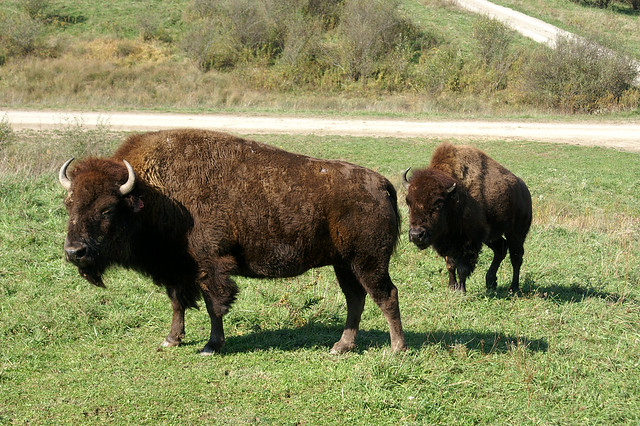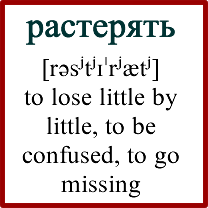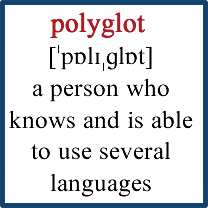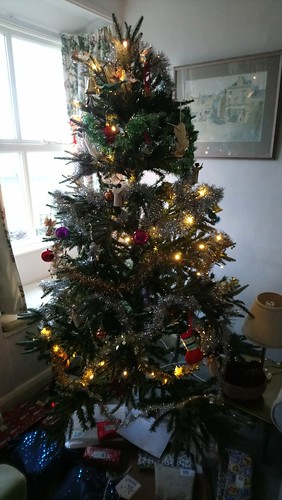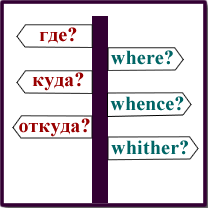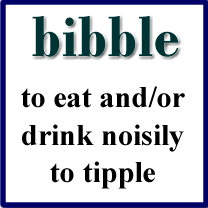One of the things that came up at the French Conversation Group last night was the difference between buffalo and bison, and the words for them in French.
American bison / le bison d’Amérique du Nord
The creature found North America commonly known as a buffalo is actually a bison or American bison, and the its scientific name is Bison bison. There are two subspieces: the plains bison (Bison bison bison) – so good they named it thrice – and the wood bison (Bison bison athabascae).
In French it’s known as le bison or le bison d’Amérique du Nord. The plains bison is known as le bison des plaines, and the wood bison as le bison des bois [source].
European bison / le bison d’Europe
There is also a European bison (Buson bonasus), which was hunted to extinction by the early 20th century, but was kept alive in captivity, and has since been reintroduced into the wild [source].
In French it is known as le bison d’Europe [source].
Africa buffalo / le buffle d’afrique
There are several species of buffalo in African, including the African buffalo or Cape buffalo (Syncerus caffer) in southern and eastern Africa, the African forest buffalo (Syncerus caffer nanus) in central and west Africa, the Sudanese buffalo (Syncerus caffer brachyceros) in west Africa, and the Nile buffalo (Syncerus caffer aequinoctialis) in east Africa [source].
In French the African/Cape buffalo is known as le buffle d’afrique, le buffle noir des savanes or le grand buffle noir des savanes [source].
Water buffalo / le buffle domestique
The water buffalo (Bubalus bubalis) originating in South Asia, Southeast Asia and China, and is now found in other places [source].
In French it’s known as le buffle domestique or le buffle d’Asie [source].
